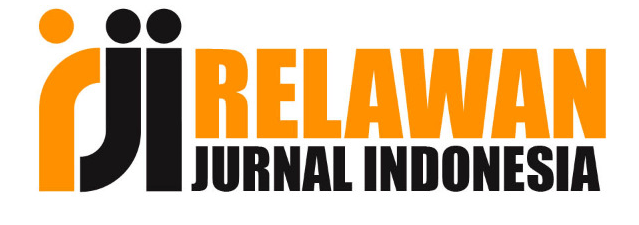Pelayanan Screening Kesehatan Anak Usia Sekolah Di SDK Wehor Wilayah Puskesmas Haliwen Kecamatan Kakuluk Mesak
DOI:
https://doi.org/10.32938/bc.6.1.2023.37-46Keywords:
Health Screening, School Age Children, Elementary SchoolAbstract
Schools are one of the targets of the Community-Based Total Sanitation program in the form of an area that is a strategy for improving PHBS. School-age children (6-10 years) are the most vulnerable to disease transmission. Schools can also be a place of learning and a threat of disease transmission if not appropriately managed. On the other hand, the number of school children who reach 30% of the total population of Indonesia is the potential as an "Agent of Change" to promote health in schools, families, and communities. Service activities were carried out at SDK Wehor, Kabuna, Kakuluk Mesak District, Belu Regency, Province of East Nusa Tenggara. Service activities for class I (one) students. Health screening was carried out by counseling and demonstration methods using a phantom/mannequin model of children's teeth, toothbrush, microtoice, scales, tuning fork (fork), and Snellen Chart. The students were very enthusiastic about participating in health counseling and screening activities from the beginning to the end of the event. The level of dental and oral hygiene of school-age children (Wehor SDK) 95% of school-age children, especially in Wehor SDK, have nutritional status with obesity category as much as 35.3% eye and ear health of all normal students.
Downloads
Published
How to Cite
Issue
Section
License
Semua artikel yang dimuat dalam jurnal ini bersifat Open Access dan bebas dibaca, diunduh, dan disebarluaskan oleh para pembaca selama tidak mengabaikan lisensi yang diacu oleh Bakti Cendana: Jurnal Pengabdian Masyarakat yaitu http://creativecommons.org/licenses/by-nc-sa/4.0.











